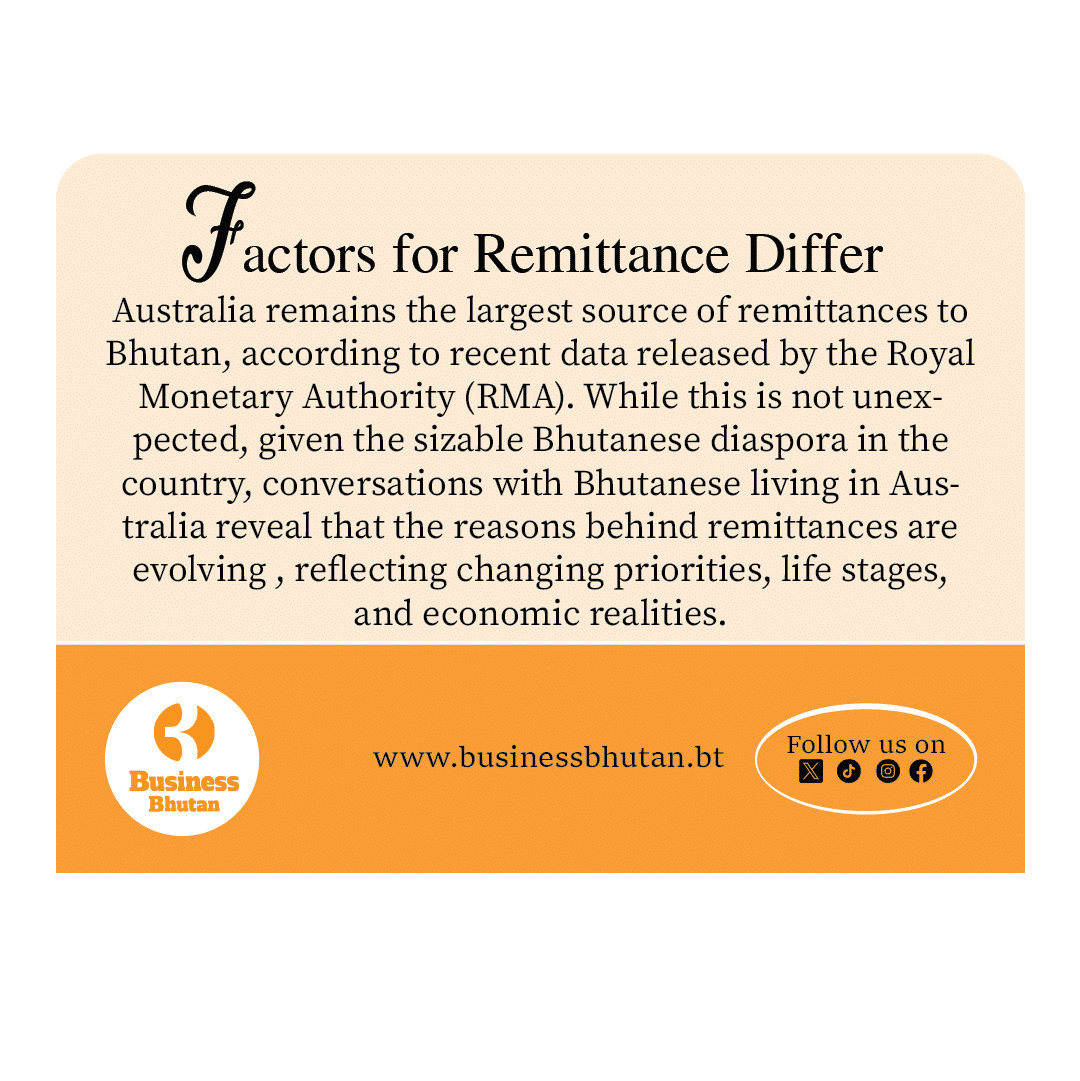Bhutan’s State-Owned Enterprises (SOEs), once established to spearhead national development under direct government control, are now at the center of renewed debate. As the debate on privatizing some of these enterprises continues, economists and industry leaders are raising important questions about efficiency, sustainability, and the broader impact on the economy.
Recent economic assessments indicate that many SOEs continue to face financial distress and depend heavily on government subsidies. Except for a few well-performing entities, most are struggling to remain viable in a changing economic landscape. This has prompted calls for a gradual transition of select SOEs into private ownership.
“The government subsidy is declining every year, which raises concerns over the sustainability of SOEs,” said an economist with the Asian Development Bank (ADB). “At the same time, these enterprises have social mandates to fulfill, which restricts their commercial expansion. Allowing private sector participation could bring in much-needed efficiency and innovation.”
According to him, Bhutan’s recent graduation from the category of Least Developed Countries (LDCs) adds further pressure on SOEs to enhance domestic revenue generation. “With mounting external debt, SOEs must contribute more effectively to the national exchequer by adopting sound corporate governance and aligning operations with market realities,” he added.
Executives from other SOEs agree that structural reform is long overdue. Some have questioned the need for maintaining so many enterprises under government control, while others have suggested mergers, divestments, or even pure offerings as potential solutions.
“It’s high time to put our SOEs on the right track,” said one CEO. “Floating shares in the stock market could be one way forward.”
Many private sector representatives also believe that privatization could lead to improved efficiency, stronger capital markets, and higher revenue generation.
“Our goals may differ, but the ultimate aim is to balance competing priorities. Once ownership is transferred, the profit motive itself drives productivity and discipline,” said a businessman in Thimphu.
Advocates of privatization argue that private companies operate with stronger incentives to reduce costs and improve efficiency. In contrast, government-managed enterprises often lack such pressures, as profits are not directly linked to managerial performance.
“Government-run industries are sometimes burdened with political considerations,” one analyst explained. “For instance, there may be reluctance to downsize the workforce even when it affects efficiency, due to concerns about social or political backlash.”
Privatization, when paired with deregulation, can also spur competition—often seen as the true catalyst for efficiency gains. Sectors such as telecommunications and airlines, for instance, have demonstrated how competition drives innovation and better service delivery.
However, critics caution that privatization carries social risks, particularly when private monopolies emerge. Without strong regulatory frameworks, they warn, profit-driven firms might overlook broader public interests or increase prices for essential services.
Despite their challenges, SOEs continue to play vital roles in Bhutan’s socio-economic development. They operate in key sectors such as energy, transport, manufacturing, agriculture, and finance, often with dual mandates: to generate profit and to serve the public interest. While SoEs have significantly contributed to national progress, they also face persistent challenges that affect their performance, efficiency, and sustainability.
One of the major challenges for Bhutanese SoEs is financial dependence on government support. Further, challenges come in the face of Governanc, which is a critical issue within the SoE sector. In several cases, unclear accountability structures and overlapping roles between boards, management, and line ministries hinder effective decision-making.
Many SoEs were established to provide essential public services rather than to compete in the market. As a result, they often operate with a limited commercial mindset and lack incentives for innovation, cost efficiency, and customer responsiveness. In an evolving economy, this can lead to stagnation, inefficiency, and declining competitiveness, particularly in sectors facing potential private sector participation.
Challenges also come in the form of human resource constraints, coordination and policy alignment issues, and market and external pressures.
Bhutan currently has 38 SOEs — 19 directly under the Ministry of Finance and another 19 managed through Druk Holding and Investments (DHI). These enterprises are broadly categorized into socially oriented and commercially oriented SOEs, reflecting their diverse mandates.
Beyond their financial contributions to the government, SOEs are instrumental in delivering public services and ensuring balanced national growth. Any move toward privatization, experts say, must therefore be carefully calibrated to safeguard these social objectives.
As the debate continues, the government faces a complex balancing act — to strengthen fiscal sustainability and efficiency without compromising inclusivity and public welfare. The coming months are likely to see more discussions and consultations before any formal decision on privatization is reached.
Tashi Namgyal
From Thimphu















